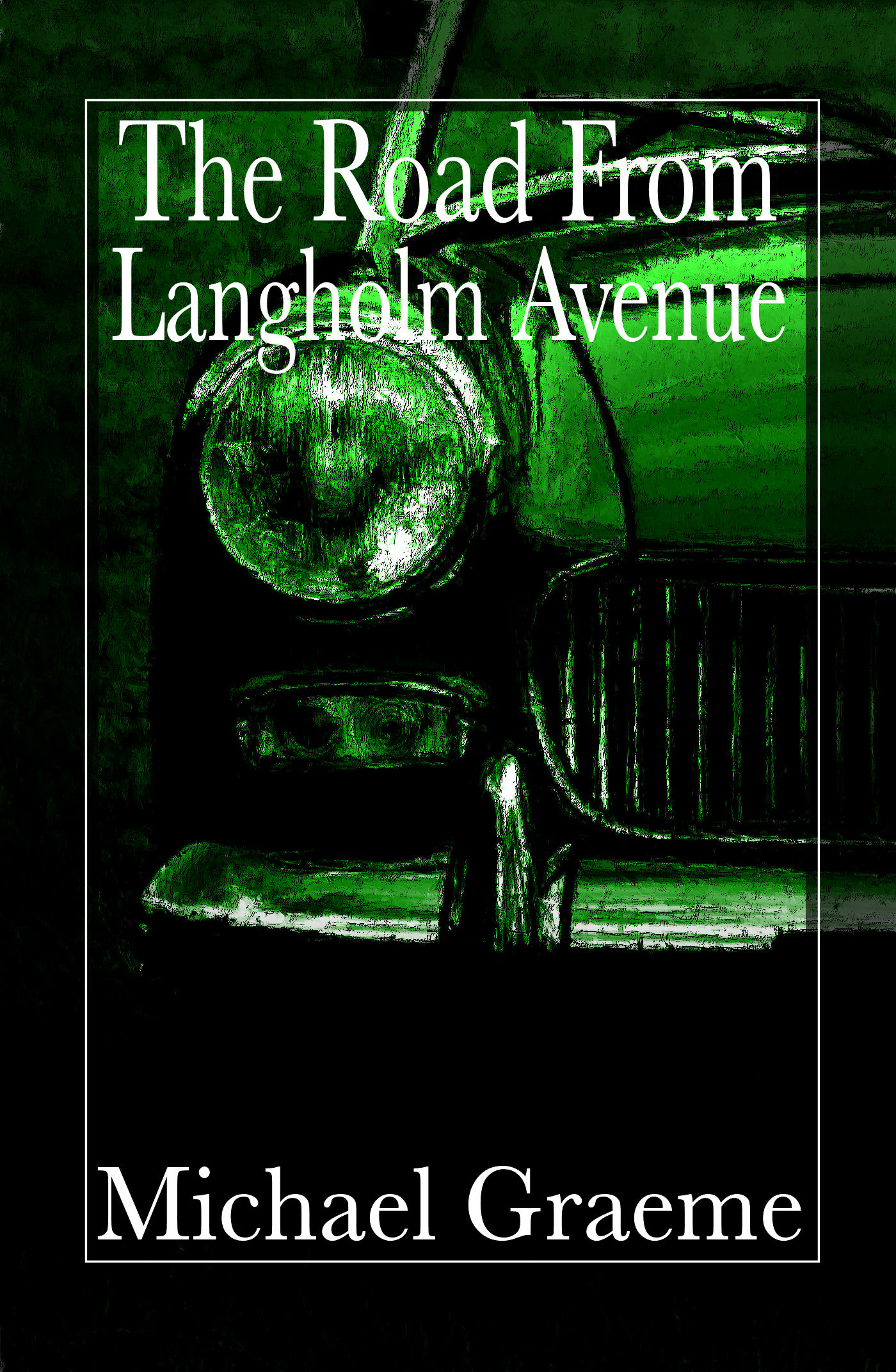 Shameless plug for my latest self published volume – a little book of short poetical sketches, most of which have appeared here on my WordPress blog and are now offered here in collected form as a free download.
Shameless plug for my latest self published volume – a little book of short poetical sketches, most of which have appeared here on my WordPress blog and are now offered here in collected form as a free download.
We live a life of two halves – one we’re aware of by virtue of our conscious mind, and the other we know very little of because it lies literally unconscious within us. In fact a century of psychoanalytical investigation suggests that by far the greater part of us remains unknown, that the self we are aware of constitutes only a very small part of our personality, and our potential. Through conscious awareness we might glean a sense of who we think we are – our memories, our likes, our dislikes, but it’s never a very clear picture because without a sense of personal meaning, our memories and our earthly achievements, be they meagre or extraordinary, are just window dressing on some deeper mystery, and can obscure the essential meaning of our lives.
Meaning arises from the unconscious, which is largely a no-go zone. We don’t know what’s in there because it’s – well – unconscious. It’s a deep, dark forest, impenetrable and mysterious, it is a lake of unknown depth, an ocean of unexplored breadth, a place of storms, and doldrums, inhabited by a menagerie of the most exotic creatures. But if we want to understand why we sometimes feel the way we do, we have no choice but to approach it.
We draw near the liminal zone, the boundary between consciousness and unconsciousness, and glean whatever we can from the experience. We can do this in dreams, in meditative reverie, shamanic journeying, prayer, and of course poetry. The liminal zone of the mind is mirrored in reality by the boundary places – the shorelines, the riversides, the forest’s edge. These are the places magical things can happen, places the Faery are said to frequent, and sometimes if you sit quietly with notebook and pencil, and listen very carefully, you can hear them talking about you.
Unlike my earlier poetry, sketches where the underlying ideas sometimes took second place to a search for structured rhythm and rhyme, the works contained in this little volume are mostly of free verse, and come closer I think to what I have actually felt in recent years.
Click the pic for a free epub file.
These are privately self hosted. You’ll not find them on Feedbooks or Smashwords.
Keep well, and stay safe.
Michael.






















